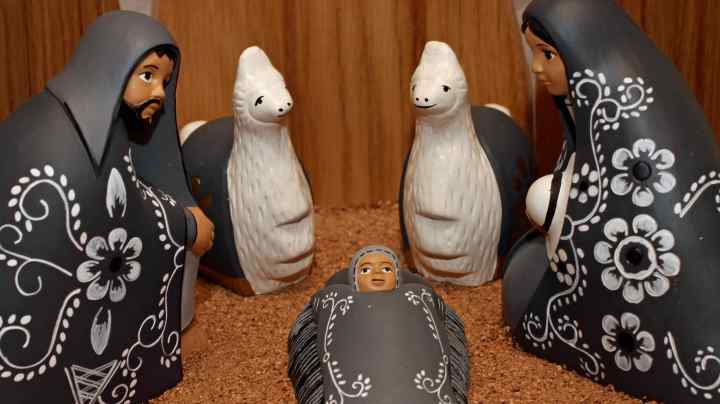In a Colombian Town, a February Christmas Tradition Linked to Slavery Endures

Photo by ChiccoDodiFC/ iStock / Getty Images Plus
In Quinamayo, Colombia, Christmas comes in February. Instead of opening gifts on December 24, the largely Afro-Colombian city celebrates the holiday on February 16. “The people who enslaved us celebrated in December and we were not allowed to have that day off, but we were told to choose another day,” Holmes Larrahondo, who coordinates the event said, according to the BBC. “In our community, we believe that a woman has to fast for 45 days after giving birth, so we celebrate Christmas not in December but in February, so Mary can dance with us.”
As part of the festivities, the community searches for a black baby Jesus statue hidden in town. After the figurine appears, people – dressed up as angels and soldiers – guide him to safety. Children also perform a dance called fuga – which imitates the movements of their enslaved ancestors. The celebration goes into the early morning.
For Norfi Daniela Viáfara, the February Christmas is an important way to stay connected to their past. “It was us young people who ensured that this festivity took place,” Viáfara said, according to El Espectador. “We want to conserve our traditions so that we don’t lose them… For as much as we’re surrounded by other cultures – because many other cultures and types of people have arrived here – we don’t have to lose our identity.”